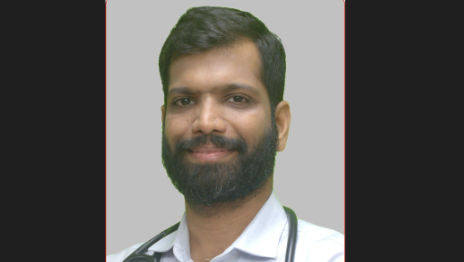I've been feeling palpitations at night, and I'm a bit worried about it. My triglycerides level was 209, but my 2D Echo and ECG came back normal. My thyroid levels are also within limits. I don't feel any pain, just these palpitations. What could be causing them, and should I be concerned?
It's good that you have already done some tests to rule out any serious issues. Palpitations can sometimes be caused by anxiety or stress. However, since you are still experiencing them, it's important to consider other factors. One common cause of palpitations is caffeine intake. Try to reduce your caffeine consumption, especially in the afternoon and evening. Additionally, make sure you are staying hydrated and getting enough sleep. If the palpitations persist, you can try taking a beta-blocker like Metoprolol 25mg once daily to help control your heart rate. If the symptoms continue, it's best to follow up with your doctor for further evaluation.



